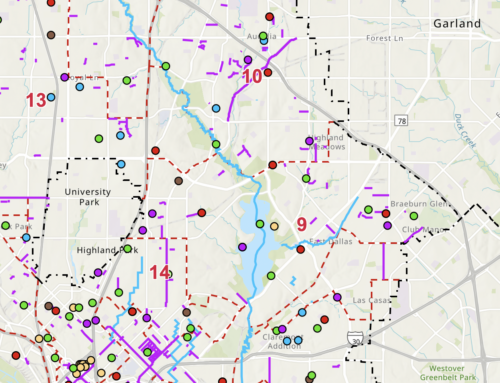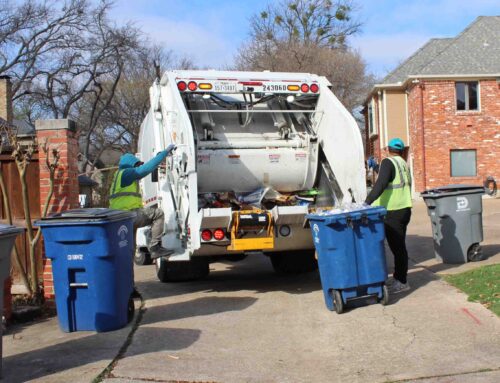Is Laura Miller’s honeymoon almost over?
The mayor spent the first 10 months of her interim term without being blamed for the city’s budget debacle (save by a lot of surly cops and fire fighters) or getting any bad ink because all the things she ran against — lousy roads, declining city services and the entrenched bureaucracy at City Hall — are exactly the same as they were a year ago. Worse, even, in a lot of ways.
But all that could change. She must run for re-election in the spring, which means she is going to have to defend her record. Which means she is going to have to find one to defend, and there just isn’t much there. Appointing a committee to study city charter reform is not going to get her very far with voters who expected her to remake Dallas in her feisty, neighborhood-oriented, anti-elitist image (with a property tax cut thrown in for good measure).
Part of this, of course, is not the mayor’s fault. It’s the fault of the charter, in which the only difference between the mayor and the rest of the council is that the mayor gets a bigger office. The mayor can’t propose a budget to fix those potholes or improve city services, and can’t fire people from the city staff, no matter how badly they forecast the budget deficit or how cravenly they sold out the city in the American Airlines Center/Reunion Arena deal.
And part of this is the fault of Dallas voters, who expected Miller to be a combination of Franklin Roosevelt, Ronald Reagan, John Wayne and Jennifer Aniston (with a property tax cut thrown in for good measure).
That’s because the mayor didn’t so much run for anything last year as she ran against it — against the business and political establishment, against favoritism and sweetheart deals, and against ignoring the neighborhoods in favor of developers and other assorted evildoers.
This kind of stance is not necessarily a bad thing, as long as it’s tempered with some sort of plan to fix the ills you ran against. So far, though, Miller doesn’t seem to have one. There was talk of floating a bond issue to fix the roads and, later, the charter reform committee (which, not surprisingly, didn’t find anyone who wanted to reform the charter), and that’s about it.
She has not even, as her supporters so often put it, been able to shake things up at City Hall. Periodically, Miller has railed against some boondoggle of the moment, be it waste at the visitors and convention bureau or foreign travel junkets. But she has not proposed the sort of long-term, structural changes needed to put the city’s finances on a more realistic footing. This is the eighth-largest city in the country; it’s difficult to believe no one knew we were broke until they started planning the budget.
So voters will be left to draw their own conclusions. Will their fantasy match the reality of the mayor’s record? Services have been cut and property taxes are up (even above the increases generated by rising property values). How will voters reconcile their expectations against proposals to reduce garbage collection to one day a week to save money? Or by yet another cut in the library’s budget, in code enforcement, and in the day-to-day services that voters depend on the most? It’s one thing to talk about protecting Dallas’ credit rating; it’s another to wait six weeks to get an abandoned car towed.
But May is a long way off, and Miller has become a savvy politician who knows what needs to be done to get re-elected. She could find a juicy issue to irritate the elite between then and now, shake off the lethargy that has marked the past year, and re-energize her supporters. And if the jumble of her potential challengers doesn’t shake out a strong candidate, it might not matter that she hasn’t fixed any potholes.
But don’t bet a lot of money on it.




